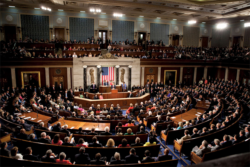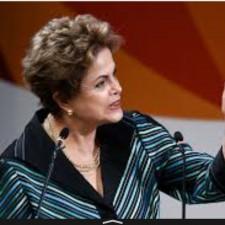His outstanding work in the 1950s and 1960s not only earned him the Nobel Peace Prize but also supported the revolution in the United States. His historic speech “I Have a Dream” is still considered one of the most powerful and effective speeches in the history of the United States.
In 1955, however, during his doctorate at Boston University, he wrote an article entitled “A Comparison of the Conceptions of God in the Thinking of Paul Tillich and Henry Nelson Wieman.”
He received his degree in this program from the same university, but the case arises when his wife donated the work of the King of Stanford University to a project. The community that organized the work found that the early drafting of the work was plagiarism, as it was copied from the letter of the author Ralph Lurker, who has also worked on this project in the past.
The plagiarism allegations came to light, and the congregation also discovered the transcribed words in his famous “I have a speech,” which were compared and found to be copied from the words of Pastor Archibald Carey.
However, it was acknowledged that the similarities between the two speakers were very small and limited. In 1991, Boston University investigated the plagiarism allegations against Martin and issued a statement.
The statement made it clear that the withdrawal of Martin’s doctorate is not valid as long as the dissertation of Martin still contributes to the newcomers and the community.Nowadays, the availability of the plagiarism checker have made it easier to detect the plagiarism instantly while in the past, it was quite difficult to verify how much similarity exists in the dissertation. These days, the tools are usually free and available online to use for everyone.
Although the charges, in this case, were not brought until decades after his death, because he was considered a national hero, the university and other relevant institutes changed their views on the copied content.
This is noticeable because King’s achievements were made outside the academic world. As Lurker noted in his article, if King had chosen a unique career path, plagiarism might have been a much bigger problem. But, as a civil rights activist, plagiarism is an unwelcome footnote, overshadowed by more companions.




